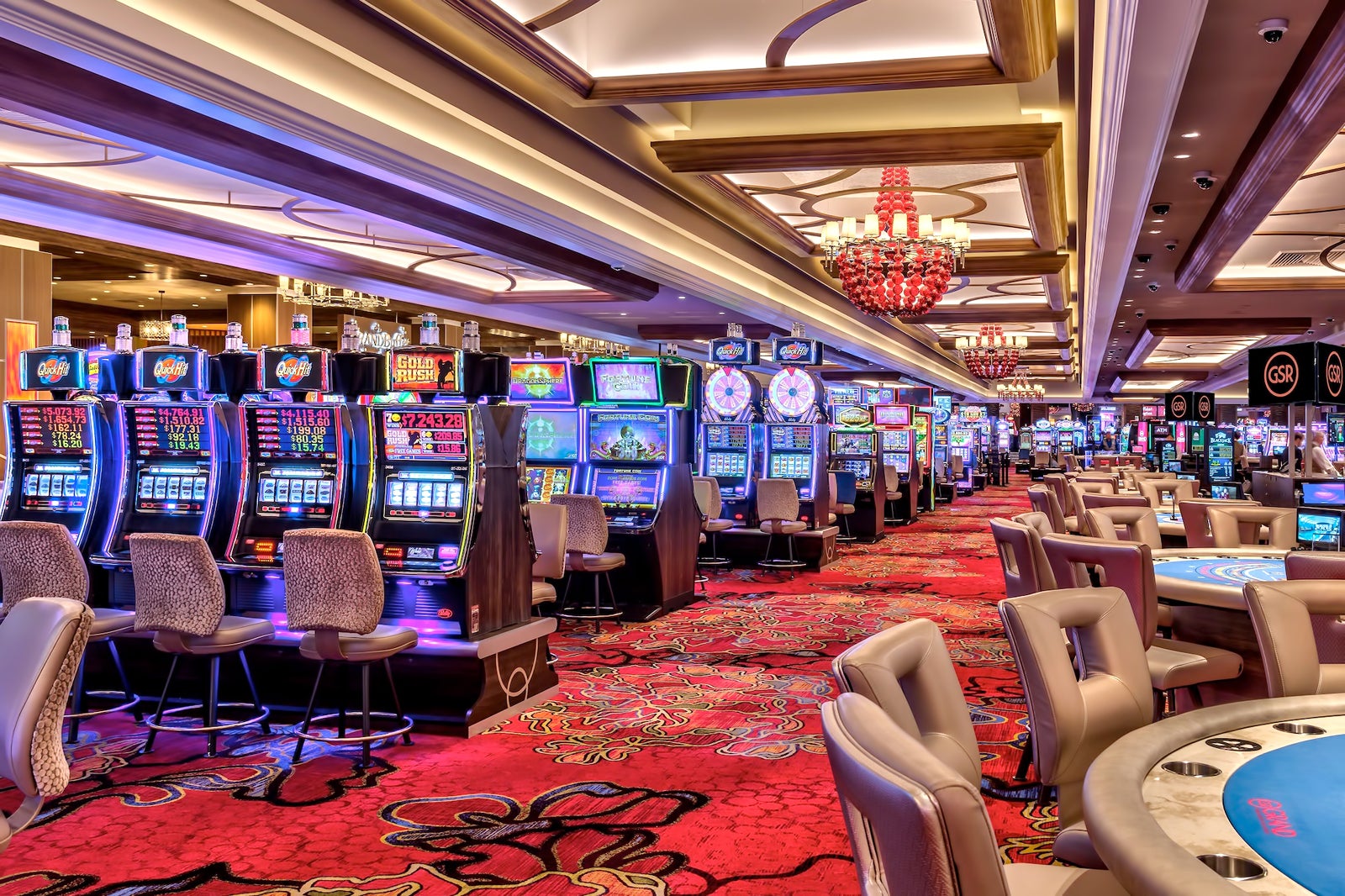
A realm of leisure has seen numerous transformations over various years, but not many have captured the creativity and excitement of gamers like casino games. Emerging in from the bustling halls of Las Vegas and Atlantic City, these games have spilled over borders and cultures, becoming a worldwide phenomenon. From the dazzling lights of a luxury resort to the convenience of online sites, the allure of casino games is irrefutable, luring millions into a realm of luck and tactics.
As more countries accept betting in multiple ways, the influence of American gambling is evident. They have not only influenced local gaming industries but have also sparked countless adaptations and innovations worldwide. Classic games such as the poker and blackjack, along with new variations, have created a common dialect of entertainment that resonates across diverse populations. The mix of gambling risks, reward, and social interaction found in these activities fosters a distinct sense of belonging, further solidifying their place in the international entertainment sphere.
Historical Summary of American Casino Activities
U.S. casino gambling activities have a rich and varied history that reflects the societal development of the U.S.. The origins of these activities can be linked back to multiple Europe’s gaming traditions introduced over by colonists. Games like poker, the blackjack game, and the roulette game worked their way into the fabric of American society in the 1800s century, achieving popularity in saloons and steamboats. These venues offered the ideal setting for community interaction and competition, establishing a solid basis for casino gambling as we know it today.
As the country moved to the west, gambling evolved alongside it. The Gold Rush era in the mid-1800s witnessed the rise of gaming towns such as Deadwood and Tombstone, Arizona, where gambling activities were played with high stakes, frequently punctuated by an air of lawlessness. This period paved the way for the formalization of casino gambling in the beginning of the 20th century, notably with the establishment of Las Vegas, Nevada as a gaming center. The building of lavish casinos changed the gambling landscape, establishing an environment where gambling activities could thrive and attract tourists from around the world.
In recent decades, the legalization of casino gaming in various states has further diversified the range of games available. American casinos now feature a combination of classic games and new offerings that cater to modern players. This expansion has allowed for a unique fusion of traditional and newfangled, enabling the continuous evolution of casino culture in the U.S.. The international impact of these activities has also contributed to their incorporation into global gambling markets, showcasing the lasting impact of U.S. casino gambling activities around the globe.
Worldwide Acceptance and Impact
The growth of American casino games has marked a notable change in the international gaming landscape. With their appeal crossing borders, these titles have enthralled players around the world. From Texas Hold’em tournaments to slot machines, U.S. styles have established a home in many international casinos. This transfer of culture highlights how versatile and engaging these games are, tailoring to local tastes while maintaining their timeless American charm.
Additionally, the influence of these games goes beyond traditional gambling establishments. Digital platforms have played a pivotal role in promoting U.S. casino titles, making them accessible to players worldwide. The ease of online gaming has introduced millions to experiences that were once limited to brick-and-mortar casinos. Players can now enjoy their favorite titles from anywhere, sparking a fresh wave of excitement and growing the player base considerably.
This widespread embrace is also seen in the integration of U.S. gambling games into local cultures. Countries that have embraced these games often organize their own adaptations and tournaments, mixing local traditions with U.S. gaming traditions. This blend not only enriches the gaming experience for players, but it also highlights the powerful influence that U.S. gambling games have on both leisure and social engagement across various societies.
Cultural Adjustments and Improvements
Casino games have undergone notable changes as they expanded across different societies. Each region has taken in features of U.S. gaming while infusing its own traditions and practices. For instance, the rise of digital casino sites has enabled for the inclusion of local flavor into classic titles like Texas Hold’em and 21. Players now enjoy variations that incorporate regional wagering styles and unique rules, making the games more accessible and inclusive for varied crowds.
In many countries, the appeal of casino games has resulted to the development of localized editions that reflect cultural aspects and stories. This flexibility has paved the way for creative game development that connects with gamblers on a personal level. http://tmtplay10.com/ Gaming machines, for instance, now feature imagery and sounds that celebrate local heritage, folklore, and pop culture, which in turn enhances the gaming adventure and fosters a feeling of belonging among gamblers.
Additionally, the global impact of American casino games has led to new game styles and blended styles. Some establishments have combined traditional betting with amusement aspects, such as live shows or interactive tech, leading to a more immersive experience. These innovations not only attract a broader crowd but also guarantee that the essence of gaming continues to progress, bridging gaps between diverse communities while maintaining the thrill that casino games are known for.